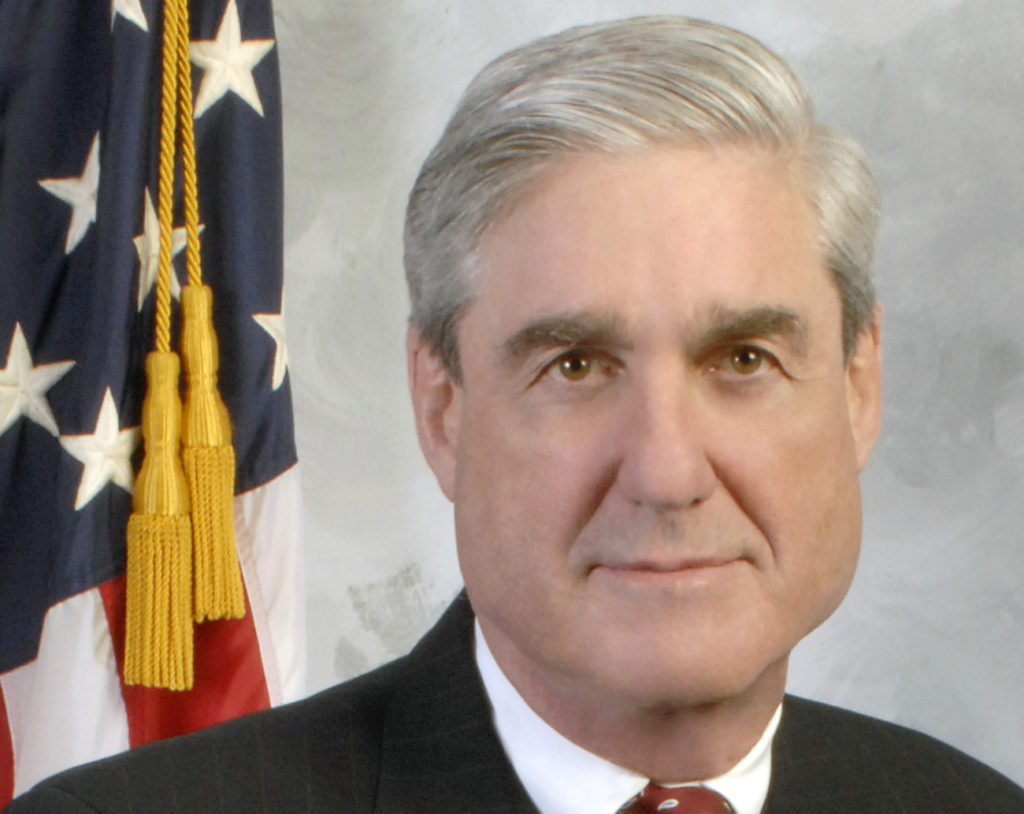The one big thing we learned today about Robert Mueller’s investigation

Just a few days ago I said that, despite nearly all major media outlets reporting that Robert Mueller would issue his report next week, I doubted if that was actually going to happen. Why would I doubt such a widely reported story? Because the DOJ itself did not confirm it was turning in the report. So, where did the story originate?
In the past, the White House leaked information to the press that it wanted to be true, as if it were true. For months, it said Mueller would be all done by November of 2018, then after November passed, it declared he would be all done by January of 2019. It fed this to the media in order to put pressure on the DOJ and Mueller to finish, and end the investigation.
I used the example of Andrew McCabe’s first meeting with Donald Trump as an excellent example of this pattern of behavior employed by Trump. In their first meeting, Trump laid out a story for McCabe, describing how McCabe disagreed with the way Jim Comey was leading the FBI, and explaining that McCabe had been loyal to Trump. None of what Trump was saying was true, but that was not the point Donald Trump was trying to make. Trump was simply painting a narrative that he wanted to be true, and that he wanted to be reported, and he was giving McCabe the opportunity to go along with it. McCabe did not go along with it, but Trump later told reporters this narrative anyway. However, McCabe did deny Trump the use of his name to add any serious legitimacy to his false narrative.
It sounds to me like Trump was at it again this week, this time with his new Attorney General William Barr. Instead of painting a narrative to Barr at a face-to-face meeting (which carries a risk of it being used against Trump in an obstruction case), Trump fed to the media the narrative that he desired to be true. Even the name of Rod Rosenstein’s replacement was leaked to add to the pressure on Barr to make the end of the investigation happen.
However, just like with Andrew McCabe, William Barr did not play along. An actual DOJ official told the media today that the Mueller report is not expected next week. When he was asked why not, the DOJ offical replied that the report date has always been a moving target. Reporters are speculating that it might have been delayed because Trump will be out of the country, but are ignoring that last part from the DOJ official, which is worth repeating: the report date has always been a moving target. In other words, it was never planned for next week, and it was not the DOJ that ever said it was.
It is true that there is evidence that the Mueller investigation is nearing the finish line: namely, the number of lawyers who have returned to their previous positions and/or reportedly started lining up new job prospects. Still, today we know one thing. The investigation is not ending next week, and the story that it was ending did not come from the DOJ.
This smells just like the pattern used in the past by Donald Trump of painting a narrative he wants to be true, as a way to pressure people to support his story. By allowing a DOJ official to tell a reporter that the report would not be submitted next week, Barr just followed in the footsteps of Andrew McCabe, before him, and Jim Comey before them. These Justice officials can’t be pushed around, and today we have some hope that William Barr is one of them.

Cheryl Kelley lives in the DC area with her husband and young son. She is active in government and politics.
